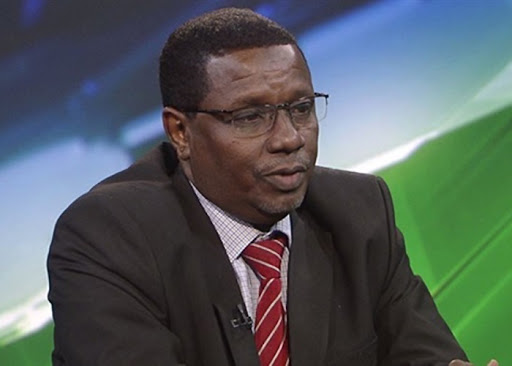This is How Sudan is Secretly Penetrated (1-2)

By Atta al-Manan Bakhit
Sudan is a country burdened with disasters, whether caused by nature or by human actions. The reasons for humanitarian crises and disasters in Sudan are numerous, including Sudan’s geographical location in the greater African Sahel region, which is a longitudinal belt stretching from Eritrea to Senegal, and has suffered from severe drought and food shortages since the 1970s, known as the Great Drought.
Sudan’s vast, untapped resources also encourage foreign interventions. In addition, the policies of successive governments have failed to achieve security and stability and to harness the country’s vast resources for the welfare of its people.
These humanitarian crises have opened the door wide for international humanitarian organizations to enter Sudan under the pretext of humanitarian aid. However, over time, these organizations have expanded throughout the country and have caused harm, clearly exceeding their mandated powers, even disregarding the principles and values of international humanitarian work.
The “Operation Lifeline Sudan” initiative is the most prominent example of how humanitarian aid has intersected with politics, with international humanitarian organizations – including United Nations organizations – infringing on Sudan’s sovereignty, contributing to prolonged conflict on various fronts.
Studying the experience of the Lifeline operation is essential to understanding the relationship between humanitarian aid and politics, as well as how international humanitarian organizations used aid in Sudan to serve distinct political agendas that had no direct relation to their stated mandates.
Through analyzing this complex humanitarian operation, we can better understand the current tensions between Sudan and the international community concerning humanitarian aid to alleviate the current crisis, whether at the Geneva forum, or with the United Nations and its humanitarian agencies.
Operation Lifeline Sudan
Operation Lifeline Sudan is one of the largest and longest humanitarian aid operations undertaken by the United Nations globally. It practically spanned from 1989 to 2010, aiming to deliver food and humanitarian aid to conflict zones in South Sudan and other areas affected by war or drought across Sudan.
The operation was based on several administrative, political, and organizational arrangements approved by the Sudanese government toward the end of its third democratic period and was implemented under the UN’s umbrella. Several resolutions from the international organization supported this operation.
Although carried out under the auspices of the United Nations, evidence suggests it was an entirely American initiative. The United States and its allies exerted significant pressure on the Sudanese government to accept the operation.
The American government supervised different phases of the operation and was its primary funder. American diplomatic pressure successfully forced the Sudanese government to negotiate with the rebel movement in South Sudan and to jointly sign the basic document for the operation in March 1989.
Operation Lifeline Sudan thus created a unique international precedent, marking the first time in the history of a modern nation-state that a sovereign state permitted direct humanitarian assistance to affected people in areas of its national territory controlled by armed insurgents. Despite its noble humanitarian goal, the operation involved serious abuses that harmed Sudan’s sovereignty and threatened its national unity.
The first violation within the operation occurred when humanitarian organizations used the document signed by both parties as a pretext to recognize the insurgent factions as political entities controlling and managing life in areas under their control. The organizations began dealing directly with these factions without needing permission or coordination with the central government, effectively putting these factions on equal footing with the Sudanese government.
The situation escalated further when the insurgent movement signed a bilateral agreement with Operation Lifeline Sudan in 1995, without the Sudanese government’s involvement, marking yet another unprecedented instance where the UN signed a bilateral agreement with a rebel group without including the central government. This agreement effectively allowed the rebel movement in South Sudan to manage humanitarian aid operations from Nairobi or locations within South Sudan, coordinating directly with the UN without any need for Sudanese government permission or coordination.
To confirm the insurgent movement’s control over the humanitarian operations in its territories, the movement imposed restrictions on international humanitarian organizations, starting by requiring these organizations to obtain permits from the insurgents as a precondition for working in areas under their control. Eventually, the movement required organizations to sign separate memorandums of understanding with it, similar to those signed with the Sudanese government. This meant that these organizations recognized the insurgent movement as a political authority. The movement expelled any organization that refused to sign a memorandum with it.
Thus, the insurgent movement took control of humanitarian aid in its areas, using it to serve its political and military agenda, directing aid to supply its combat forces across South Sudan. It used relief flights to transport soldiers, evacuate the wounded to Nairobi, and deliver weapons and supplies to its distant garrisons in the south. Several United Nations staff and Western international humanitarian organizations, including the International Red Cross – known for its commitment to humanitarian principles and international humanitarian law – participated in this.



